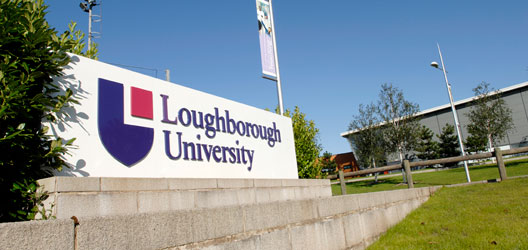Note:
If you are keen and have queries, please contact Coach Rameshon at 9100 4369 or you can email him at m.rameshon@gmail.com or swift.rameshon@gmail.com. Please refer to website http://flexifitness.com.sg (for more information on him and his programmes)
By Rameshon
Bsc (Hons) Degree in Physical Education, Loughborough University (1992-1994)
Masters in Education (University of Western Australia, 2005-2008)
Maximum Heart Rate - This knowledge opens the door to exercise and training intensity.
This page is dedicated to my supervisor Dave Williams who inspired me to do a research on Percentage Heart Rate (max) utilised during a 1500m Run, for the partial requirement for my Bsc (Hons) in PE and Sports Science Degree. It is also in dedication to Brian Sharkey (1970) the writer of Physiology of Fitness
Picture 1 - One needs to know the fat-burning zone and cardio zone.

Usually, using my Sports Science research done at Loughborough University, one can elicit a heart rate of 90 to 95% of Heart Rate Max. during a race. This was seen during my research.

The best way to get one's Heart Rate (max) is by doing the VO2max test. The validity and reliability of obtaining the HR max through a VO2 max test is very good, to my experience.
Astrand and Rodahl (1986), in their review of Textbook of Work Physiology, have mentioned that the maximum heart rate is 220 minus the age (+/- 10 to 15). For simplicity sake, let us take away the +/-10 to 15 so that a layman can understand on Maximum Heart Rate. That means, for a 20-year-old, it is 220 - 20 = 200. The heart rate is somewhere around 200. Likewise, for an 80-year-old, the Heart Rate max is 220 - 80, which gives you a score of 160. Heart Rate (max) will go down in value as one age.
Picture 2 - Per Olof Astrand and Kaare Rodahl are pioneers in Physiology.

Assuming that our discussion is on a 20-year-old only, it would be good to find the fat burning zone before we find the cardio zone. That is how in our cardio room for age 20, the fat-burning zone is told to be 130 beats per minute (65% HR max). At 160 beats per minute (80% HR max), the heart is being worked effectively and the heart becomes a very efficient pump over time.
For a 20-year-old
HR max = 200 (From the formula 220 - Age = 200)
65% of HRmax = 130 beats per minute
80% = 160 beats per minute
For a 20-year-old
HR max = 200 (From the formula 220 - Age = 200)
65% of HRmax = 130 beats per minute
80% = 160 beats per minute

In short, at the rate of 160 beats per minute, one not only burns more fats but also he or she makes the heart to exercise efficiently thus one also develop branching out of coronary arteries, the only arteries that pump blood to the heart. Hence, there will be a very rich supply of blood to the heart. This will enable the blood to be received by all parts of the body efficiently. The heart is the most important organ in our body.
Picture 3. - A very healthy heart will have many branches of arteries which develops through an effective exercise program.

Note:
By Narayanan
Rameshon has taught in Hwa Chong Institution, plus several schools, and Republic Polytechnic as well. He has won many accolades and he was awarded Merit Award for 1991 marathon performance in breaking the national record of Singapore, at that time. He has made 22 male athletes do a marathon in sub-3hrs. He has made 7 female runners do sub-4 hours for the marathon, as well. He was inducted to the ‘Roll of Honour’ by the then College of Physical Education, organised by Singapore Olympic Academy, in 1998, for breaking the National record repeatedly 4 times, till he did 2hr 24min 22sec).
He also has a Coaching group and he trains them on Tuesdays and Thursdays, 7pm at Botanic Gardens. Those interested can call him at 91004369 for coaching assistance, to improve performance. There is also personal training that he does for many in a week. You can e-mail him at swift.rameshon@gmail.com.
